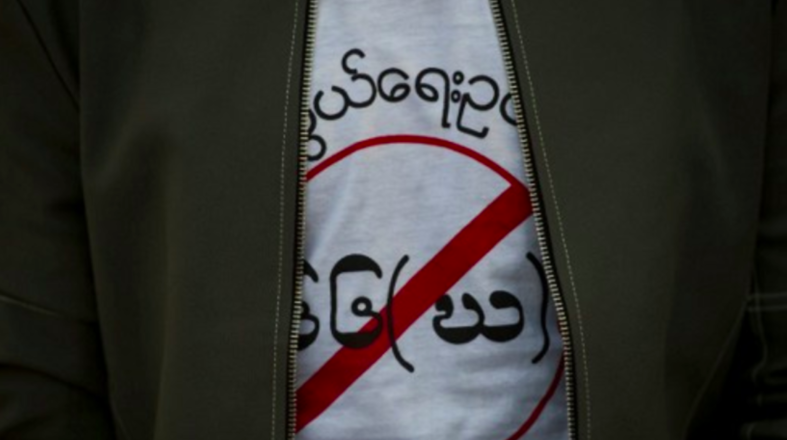Myanmar’s notorious online defamation law remains the tool of choice for powerful people in Myanmar who seek to punish those who are trying to hold them accountable, and the amendment of the law in August has had “no discernible impact” on this, says a new report by the rights groups Free Expression Myanmar (FEM).
According to the report, titled 66(d): No Real Change, the law remains vastly out of touch with international norms, favors plaintiffs over defendants, and has always resulted in relatively harsh punishment.
Over the last two years, there have been 106 criminal complaints under Section 66(d) of Myanmar’s Telecommunications Law against statements made by members of the public online. Ninety percent of these cases have been brought under the NLD government, which took office in March 2016.
According to FEM, more NLD party officials (17) have brought cases against people under the law than USDP members (2) or military officials (9).
Although Section 66(d) was amended by the NLD-led parliament after months of advocacy by rights groups, the changes have not reduced the ability of people in power to punish their critics. The main achievement of the amendment was that it reduced the number of grounds for complaint from seven to four. However, no case has ever been brought on any of the three grounds that were abolished (bullying, wrongful restraint, undue influence), so the law remains as applicable as it ever was.
More than 93 percent of cases have been brought on the grounds of defamation, but the law does not define defamation, allowing judges to define anything as such.
According to international standards cited by FEM, a statement can only constitute defamation if it contains an expression of fact. Among the cases brought in Myanmar, 66 percent were brought in response to a statement that contained no expression of fact. These should have been dismissed outright.
In the cases that did involve expressions of fact, 85 percent of the allegedly defamatory statements were either evident truths, criticisms made in good faith, or opinions on the conduct of a private citizen. This leaves fewer than five cases that would warrant prosecution for defamation under international standards.
It appears that judges on these online defamation cases are familiar with neither the definition of defamation nor the technology with which it is allegedly carried out. In most cases, the plaintiff’s only evidence has been printed screenshots of allegedly defamatory content. Myanmar has no guidelines for testing the authenticity, reliability, or admissibility of electronic evidence, leaving defendants vulnerable to graphic manipulation.
Every 66(d) case that has gone to trial has resulted in a conviction, and every conviction has led to prison time – usually six months. No judge has capped the penalty at just a fine, even though the law would allow it. On top of that, the time between the complaint and the trial, during which the defendant is kept in jail, is often longer than the ultimate sentence.
The FEM report concludes: “Despite the 2017 amendment, cases are continuing, and the law remains a primary tool for censoring criticism and silencing critics. The Myanmar government should recognize that there is no place in a democracy for 66(d), and it needs to be completely repealed.”




